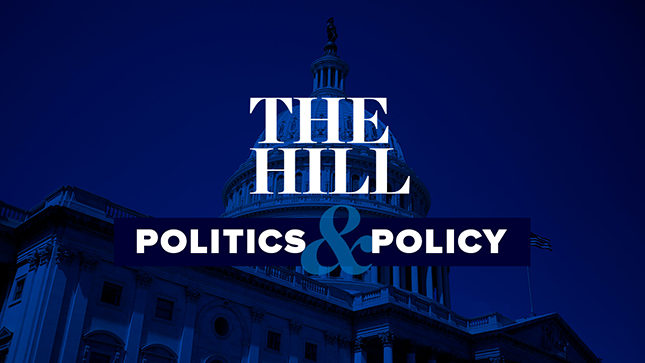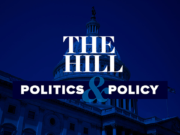Can Americans protect their privacy and their elections at the same time? Cynical politicians around the country say no. The rest of us should know better. Privacy is a key component of democracy. Americans vote in private booths, they discuss politics in private conversations, and they support causes by giving privately. Privacy shields Americans with unpopular views from retribution and harassment for their beliefs.
However, some politicians and activist groups view privacy as a threat to democracy. They are not content with current laws requiring candidates, political parties, and organizations that work to elect or defeat candidates to publicly disclose the names, addresses, and employment information of their supporters. They also want to expose donors to nonprofits, such as watchdog groups and organizations that advocate on legislation in Congress, whose involvement in campaigns is incidental.
Campaign finance regulations are notoriously complex and can be a crushing burden for groups led by volunteers. Many would choose silence rather than risk hefty fines for violating laws they cannot understand. Those that continue to speak may see their support decline as Americans conscious of privacy shy away from the spotlight.
The IRS recently dealt a blow to efforts to violate nonprofit privacy when it announced that it would no longer collect the names and addresses of donors to many nonprofits. In response, critics are outraged that this policy change opens the door to foreign spending in our American elections. That charge could not be more off the mark.
Let us get a few things straight. First, nonprofits can accept money from foreign sources, but they are legally prohibited from using it to support the election or defeat of candidates. The ban also applies to broadcast ads that mention the name of a candidate in the time near an election. Second, a donor name and address does not tell you whether it is a U.S. citizen or green card holder. Many Americans live abroad, and many people in the United States are not citizens or legal permanent residents.
The mass collection of donor names and addresses was all risk and no reward. The information was supposed to be confidential and redacted on publicly disclosed forms, but the information sometimes leaked out, at times to adversaries of an organization. The IRS made clear in its announcement that it does not use donor names to enforce tax laws, and nonprofits will still have to maintain records in case of an audit.
The Federal Election Commission, which is the agency actually in charge of enforcing campaign finance laws, did not have access to the donor names collected by the IRS. Nor is the Federal Election Commission a major player in preventing foreign spending in elections. The Treasury Department handles the bulk of that task through the Bank Secrecy Act.
It is easy for politicians to claim the IRS is undermining the ban on foreign spending in elections when government methods for policing foreign money are not commonly known. In reality, the IRS simply made a commonsense decision to end the mass collection of personal information it did not need and could not reliably protect.
The attacks on the IRS are part of a trend of pointing to Russian interference in the 2016 election to justify petty regulation of American political speech. The purported response of the Federal Election Commission to Russian meddling was to debate whether disclaimers for online political ads should be formatted as icons with a link to more information or text written out in full on the face of an ad.
Furthermore, opponents of the nomination of Brett Kavanaugh to the Supreme Court have been attacking him for upholding a law that banned political contributions from people who are not U.S. citizens or green card holders, on the theory that his opinion as a federal judge does not go far enough to stop foreign interference in all of its forms.
The common theme in this rhetoric is that Americans should give up civil liberties in the name of securing our elections. However, our democracy is strongest when Americans can participate freely in the political process. Restricting civil liberties is no way to combat foreign interference.
The Supreme Court has long noted that there is a “vital relationship between freedom to associate and privacy in one’s associations.” A few Russian Facebook ads are no reason for a breakup. The IRS deserves kudos, not criticism, for protecting nonprofits and their supporters.
This post originally ran in The Hill July 28th 2018.














